
The transition to a circular economy is a cornerstone of a sustainable future. Recognizing its importance, the EU introduced the Circular Economy Action Plan in 2020 to reduce reliance on natural resources and support the goal of achieving climate neutrality by 2050. Aligned with this vision, the Dutch Nationaal Programma Circulaire Economie 2023–2030 has established clear targets for 2030. In response, the high-tech sector (HTSM) is actively transforming products and production processes to meet these evolving circular standards.
Materials lie at the heart of this transition, driving innovation across multiple domains. Advanced material solutions minimize resource consumption, while designs emphasizing durability and reparability extend product lifespans. Modular approaches and disassembly-friendly designs facilitate refurbishment and remanufacturing, while cutting-edge separation technologies and enhanced recycling processes ensure efficient material recovery and the preservation of high-quality recycled materials.
This thematic meeting will focus on the challenges and opportunities of the circular transition within the metals sector. Participants will gain insights into broader strategic perspectives and delve into the latest advancements in recycling, re-use, and circular material design.
Posters
We appreciate contribution to circularity by every partner and researcher. To make every voice and research heard, we organize a poster session combined with the lunch. Please consider this opportunity. You may bring an existing poster.
Speakers
Benjamin Sprecher (TU Delft) – Circular design as a solution to the problem of critical raw materials: how far does it get us?
It seems like every day you read about critical raw materials in the news. Whether Trump wants to buy Greenland or wants Ukraine to sign away their rare earth metals in exchange for military assistance, mostly the attention is on finding more raw materials. But what if there is another way? In this presentation we will explore how circular design could help with solving the problems posed by the criticality of many of the most in-demand metals.
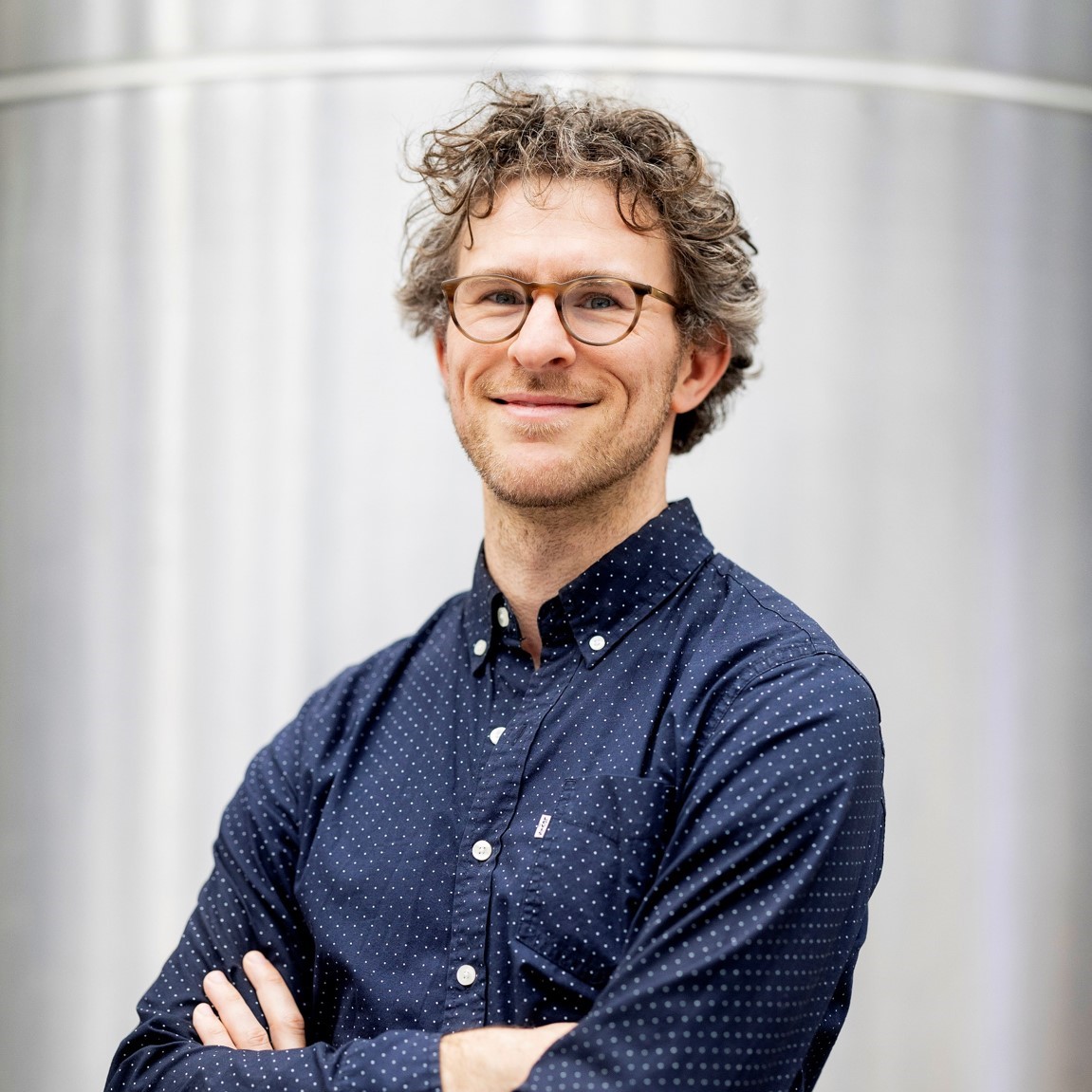
Pieter C. Kuiper (ARN) – Circularity in metals from automotive viewpoint
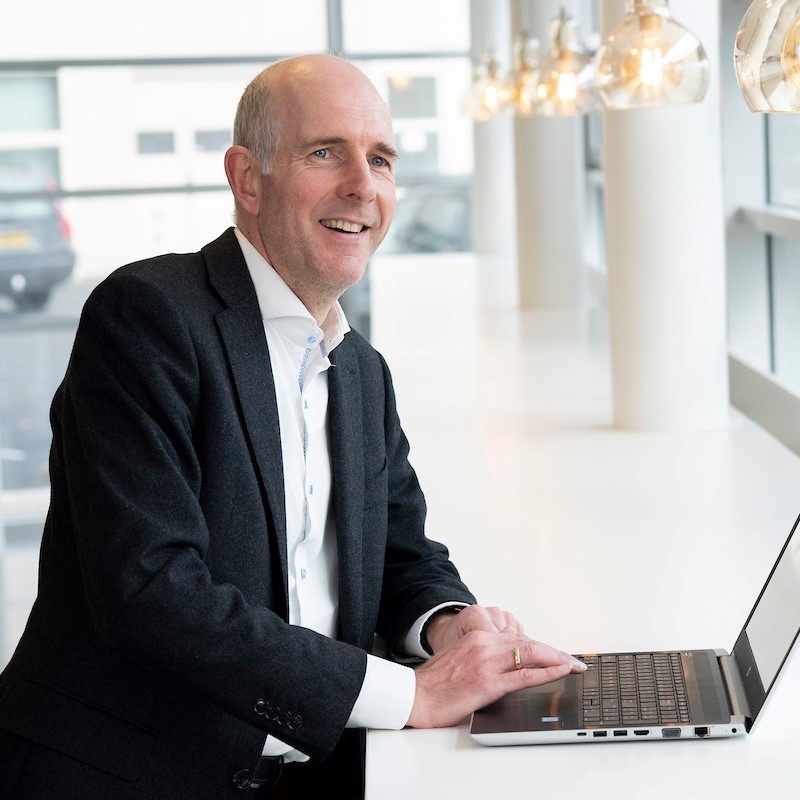
Ir. P.C. (Pieter) Kuiper has been active in vehicle recycling since 2006. Within ARN Auto Recycling Nederland B.V. he is responsible for the recycling figures and the post-shredder processing of car materials. Within the Groeifonds Program ‘Groeien met Groen Staal’ he is Lead of the ‘Recovery’ Theme, in which all research and development on recycling is combined. In his presentation he will share the challenges in industrial recycling to be solved for achieving a more circular economy.
ARN Auto Recycling Netherlands B.V. is the non-profit organisation that organizes the Extended Producer Responsibility for all passenger and small commercial vehicles in the Netherlands.
Christina Meskers (SINTEF) – Role of zero-emission processes in circularity
Materials circularity and zero-emission metal production are closely tied together, as increased circularity is one way of reducing the emissions associated with metal production. Norway is a key supplier of metals and critical raw materials to the European Union. Its metal processing industry has been leading in the production of low-emission metals. The major challenge for the industry is the transition to zero-emission production. The FME center ‘Zero emission Metal production’ (ZeMe) has been created to support the industry in this transition by developing new knowledge and technologies in energy efficiency, fuel switching, carbon capture, circularity and resource efficiency.
Innovation manager Christina Meskers, a lifelong ambassador for circular metals, will share her insights.
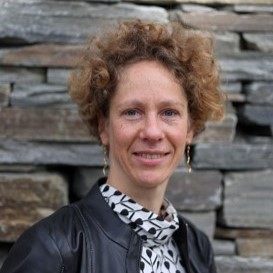
Frank Schrama (Tata Steel Europe) – Growing towards a circular steel industry in the Netherlands
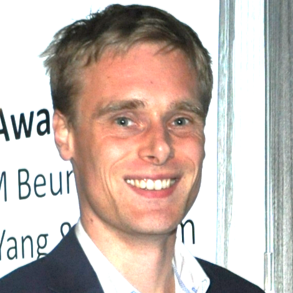
In his presentation entitled “Growing towards a circular steel industry in the Netherlands”, Frank Schrama, project leader of the scrap research project at Tata Steel R&D, will give an overview of the research programs to enable a higher steel circularity and their status. Also, Frank will give some technical background of the consequences of increasing the scrap usage.
Frank follows his passion for making steel industry greener as the Principal Researcher at Tata Steel in collaboration with TU Delft. He was one of the winner of the Williams Award in 2018 for a paper of merit concerned with the manufacture and use of iron and steel.
Kevin Rosssi (TU Delft) – Artificial Intelligence for metals circularity, from the atom to the planet
Artificial intelligence (AI) is revolutionizing our ability to model and understand complex systems dynamics. In this talk, Kevin will discuss two examples of how AI enables breakthroughs in metals circularity modeling, from the atomic to the global scale. At the atomic level, AI allows us to model complex interfacial reactions, such as metal dissolution and recovery, with unprecedented accuracy. This capability provides a foundation to improve the efficiency of extraction processes and recovery methods. On a larger scale, Kevin will show how AI is transforming systems analysis by predicting how specific policies might influence the behaviour of agents, e.g., within metal value-chains. These advancements illustrate how AI is driving strategic decisions toward a more circular economy for metals.
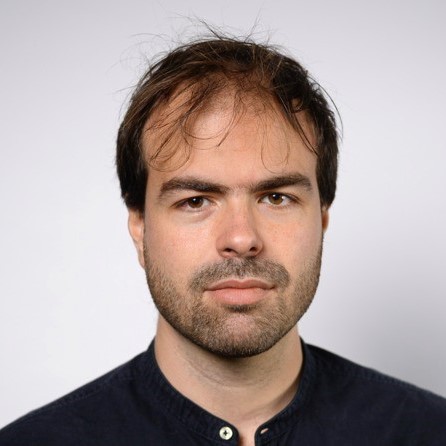
Roel Smallegoor (Myne) – From Vision to Action: Innovating Metal Sorting Technologies for the Circular Economy

Metals are essential to many industries, but their extraction comes with significant environmental costs, and the supply of certain metals is becoming increasingly limited. In this presentation, Roel Smallegoors from Myne will share insights into a more sustainable approach to metal recycling. Myne has developed an innovative AI-powered metal sorting facility, the Xorter. This technology aims to reduce the need for traditional mining while contributing to a circular economy by ensuring that valuable metals are continually reused.
By integrating advanced sorting processes with modern technologies, the Xorter precisely identifies and separates various aluminum alloys from mixed waste streams. The system uses a combination of sensors, data analysis, and automated sorting mechanisms to ensure that each alloy is processed as efficiently as possible. The presentation will discuss how these technologies are applied and combined in this innovative sorting process.
Theresa Wallner (Ministry IenW) – Policies and the circularity of metals
Theresa works as a senior policy maker at the Ministry of Infrastructure and Water management. She coordinates the circularity of critical raw materials dossier in her department and was previously involved in several growth fund projects.
In the presentation, Theresa will discuss current challenges in the circularity of metals and how they are addressed by policies such as the EU Critical Raw Materials Act, the Dutch National Circular Economy Strategy and our Dutch Raw Materials strategy.

Harmen Oterdoom (Butterbridge) – Do we stand a chance: our view on market, technology & innovation
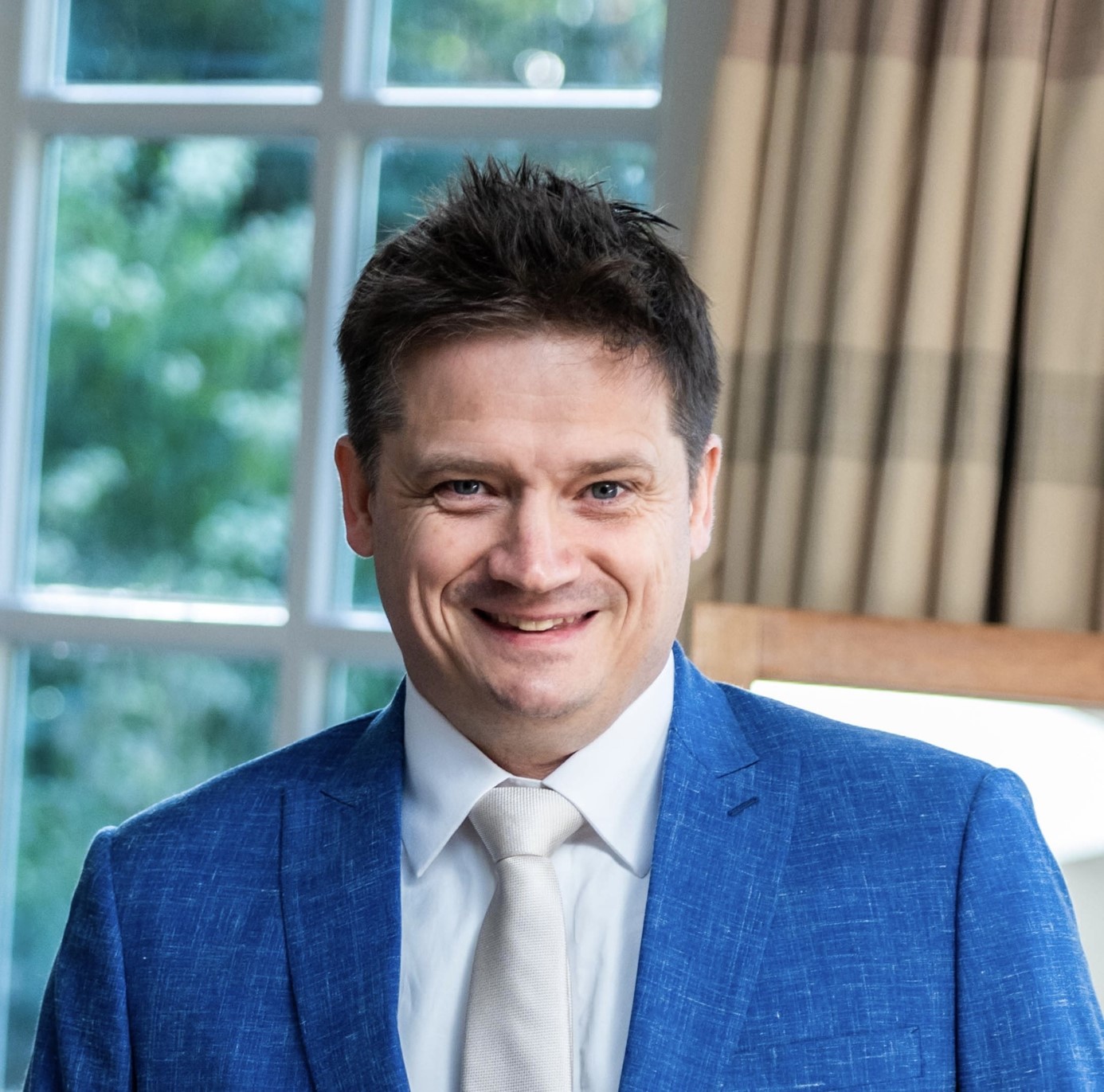
Harmen has a strong background in metal and waste recycling startups, alongside consulting and training in the iron/steel industry. With over 20 years of experience in electric furnaces across various metals, he has worked on design, commissioning, and troubleshooting for FeNi, FeCr, Si, and Cu-slag cleaning.
In his talk, Harmen will discuss his perspective of industrial SMEs in the competitive environment. He will explore what it takes for smaller companies to find a place in the market, highlighting the need for clear insights into market processes and an understanding of industry developments. He will also address observations in policy, finance, and education and how these affect SMEs in contributing to a more circular economy for metals in the Netherlands.
Venue
Het Vakwerkhuis
Professor Snijdersstraat 2
2628 RA Delft